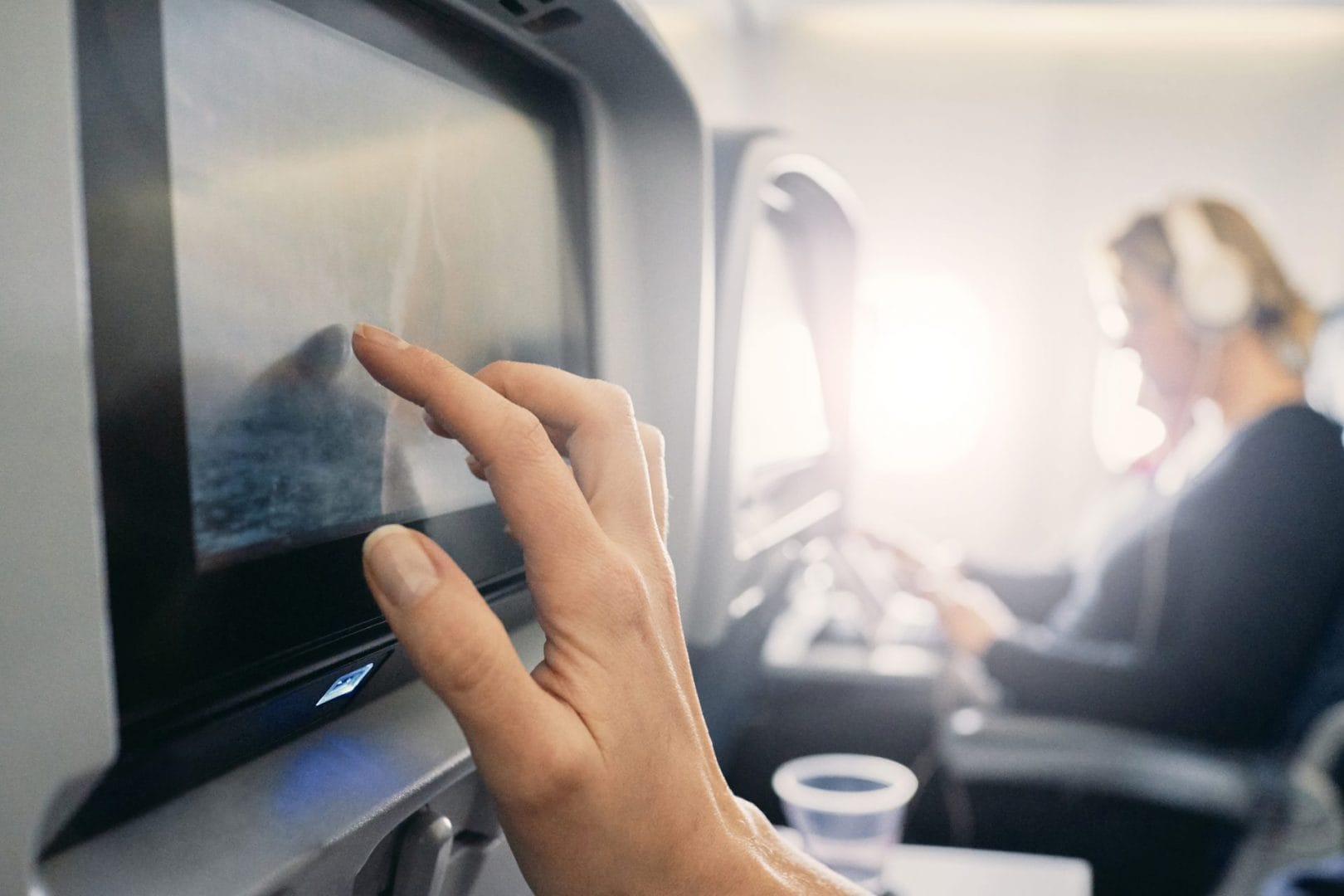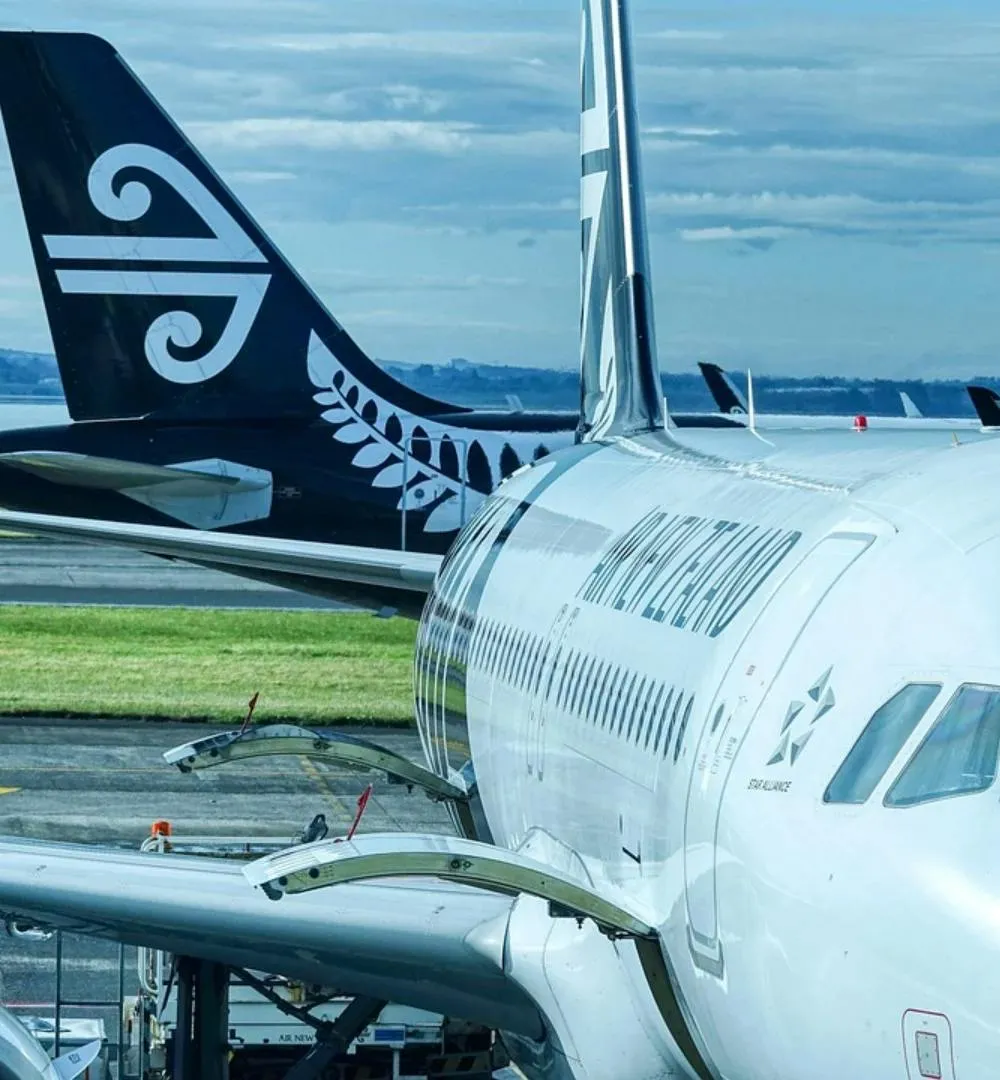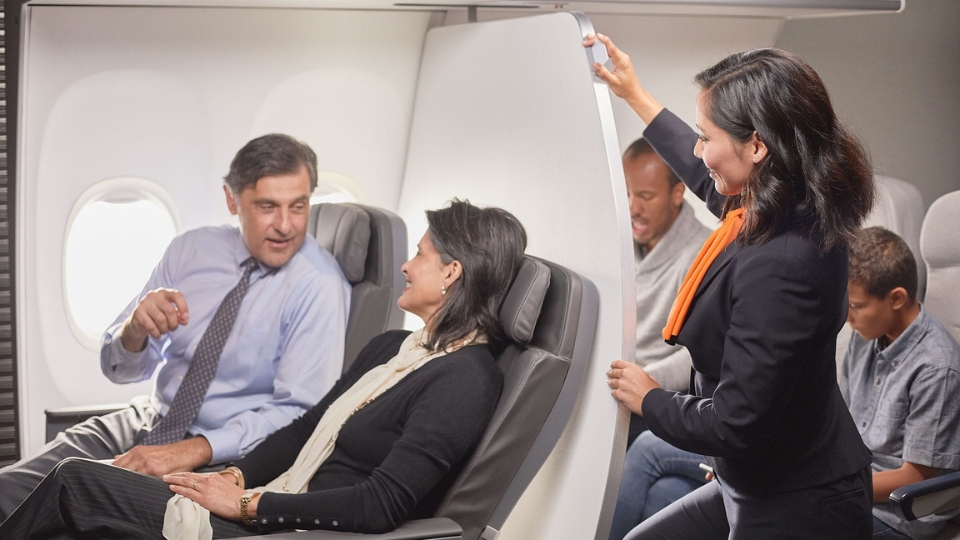Passenger complaints are inevitable in the airline industry due to delays, lost luggage, seating issues, or in-flight concerns. However, how airlines respond to these complaints can significantly impact their reputation and passenger loyalty. Handling complaints effectively requires a combination of empathy, clear communication, swift problem-solving, and proactive follow-up.
Moreover, addressing concerns efficiently transforms negative experiences into opportunities to build trust and satisfaction.

Handling Passenger Complaints the Right Way
Listening and Understanding the Issue
The first step in handling complaints is actively listening to passengers. Understanding the problem fully ensures the airline can respond appropriately.
-
Empathy: Acknowledge the passenger’s frustration and validate their experience.
-
Active listening: Allow passengers to explain the situation without interruptions.
-
Clarification: Ask questions to ensure the airline fully understands the complaint.
-
Documentation: Record all details for accurate follow-up and resolution.
By demonstrating attentiveness and understanding, airlines show passengers that their concerns are taken seriously.
Responding Promptly and Professionally
Timely responses are essential in complaint management. Delays in addressing issues can escalate frustration.
-
Immediate acknowledgment: Respond quickly, even if a full resolution takes longer.
-
Professional tone: Maintain calm, courteous, and respectful communication at all times.
-
Transparency: Explain the steps being taken to resolve the complaint.
-
Consistent updates: Keep passengers informed of progress until the issue is fully resolved.
Consequently, prompt and professional responses reassure passengers and reduce tension.
Providing Practical Solutions
Airlines must focus on resolving complaints with practical, fair solutions that meet passenger expectations.
-
Compensation: Offer refunds, vouchers, or mileage credits for delays, cancellations, or inconveniences.
-
Alternative arrangements: Rebook flights or provide hotel accommodations when necessary.
-
Personalized solutions: Tailor responses based on passenger preferences or loyalty status.
-
Follow company policies: Ensure solutions align with airline guidelines and legal requirements.
By offering practical solutions, airlines turn a potentially negative experience into a demonstration of care and professionalism.
Training Staff in Complaint Management
Employees play a crucial role in resolving passenger issues effectively. Proper training ensures they can handle complaints with skill and confidence.
-
Customer service skills: Teach staff to remain calm, empathetic, and solution-focused.
-
Conflict resolution: Equip employees with techniques to de-escalate tense situations.
-
Product knowledge: Ensure staff can explain airline policies clearly and accurately.
-
Empowerment: Give staff authority to make decisions within guidelines to resolve issues quickly.
As a result, well-trained staff improve passenger satisfaction and reinforce a positive brand image.
Leveraging Technology for Complaint Resolution
Technology allows airlines to respond to complaints faster and more efficiently.
-
Multiple channels: Provide support via email, chat, social media, and mobile apps.
-
Automated tracking: Use ticketing systems to monitor complaints and ensure timely follow-up.
-
Data analytics: Identify recurring issues and trends to prevent future complaints.
-
Self-service options: Allow passengers to submit complaints and track responses online for convenience.
Consequently, technology streamlines complaint handling, ensuring passengers receive consistent and timely support.
Learning and Improving from Feedback
Every complaint is an opportunity for airlines to improve operations and customer experience.
-
Root cause analysis: Identify the underlying reason for complaints and address systemic issues.
-
Continuous improvement: Implement changes based on feedback to prevent recurring problems.
-
Share insights: Educate staff on common issues and effective resolution strategies.
-
Measure satisfaction: Track passenger feedback post-resolution to gauge success.
By learning from complaints, airlines enhance service quality and reduce future issues.
Conclusion
Handling passenger complaints the right way requires active listening, prompt responses, practical solutions, well-trained staff, technology support, and continuous improvement. Airlines that approach complaints strategically can turn negative experiences into positive outcomes, strengthen passenger trust, and enhance brand reputation.
For passengers, effective complaint management ensures their concerns are addressed professionally and efficiently. For airlines, it reinforces a culture of accountability and service excellence, ultimately improving the overall travel experience.















